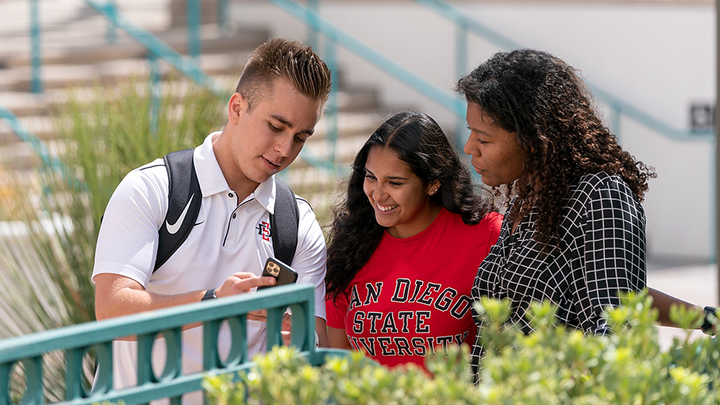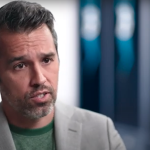INSIGHT Into Diversity, a leading website and magazine in higher education, announced San Diego State University as a recipient of its HEED (Higher Education Excellence in Diversity) Award for a third consecutive year and the eighth time since 2013.
SDSU is among 114 institutions of higher education receiving the 2024 HEED award, based on information submitted in an application for the award, which will be featured in the November/December issue of the INSIGHT Into Diversity magazine.
“The colleges and universities selected for this honor have proven their dedication to broadening diversity, equity, and inclusion in higher education through initiatives, programs, and outreach; student recruitment, retention, and completion; and hiring practices for faculty and staff,” the organization said in announcing its awards. “They go above and beyond in supporting underrepresented and marginalized populations both on campus and in their community and are exemplars of social justice advocacy.”
SDSU is designated by the U.S. Department of Education as a Hispanic-Serving Institution and an Asian American and Native American Pacific Islander-Serving Institutions (AANAPISI) program. SDSU’s mission statement and current strategic plan both identify diversity, equity and inclusion as a core value; 25 of the specific activities in the strategic plan are related to justice, diversity, equity and inclusion.
Over the past several years, SDSU has greatly narrowed equity gaps between underrepresented minorities and other students in graduation rates, a central goal of the California State University system’s Graduation Initiative 2025. With multiple tutoring and academic support programs, campus resources aimed at helping students navigate from registration to graduation, and intervention programs connecting students in need to assistance, SDSU has surpassed all of the systemwide graduation rate goals, set in 2016.
For spring 2023, SDSU’s six-year graduation rates were reported as 79.2% for students who are white, 85.2% for Asian Americans and 75% for Native Hawaiian/Pacific Islanders. Among traditionally underrepresented groups, the graduation rates were 75.6% for students who are Hispanic/Latinx, 79.5% for Black students, and 80.8% (combined) for Native American and Alaska Native students.
SDSU recruits students from historically underrepresented groups and first-generation students through multiple programs. They include community-college bridge programs, pre-college early outreach, and a variety of need-based scholarships for financial aid.
SDSU’s full-time tenured and tenure-track faculty in 2023-24 is 13.62% Hispanic/Latino, up from 10.7% in the 2020-21 academic year, and over 5% Black faculty, compared with 4% in 2020-21, according to information submitted to INSIGHT Into Diversity.
The campus currently has 5.6% African American and 20% Hispanic/Latino nontenure-track faculty.
SDSU requires that all tenure-track faculty candidates demonstrate their commitment to teaching, research and/or service with historically underrepresented groups. All tenure-track search committees must also learn about strategies to mitigate bias and committees include an equity advocate.,
“Our faculty diversity initiatives have all now been in place for at least two years,” SDSU said in its HEED Award application materials. “The impact has been clear with the share of new tenure-track faculty who identify with historically underrepresented groups now over 50%.”
Ten cultural centers — all with academic support and retention programs — serve historically underrepresented groups, including the Black Resource Center, the Pride Center, the Native Resource Center and the Women’s Resource Center. Seventeen Employee Resource Groups include a Latina Network, Men of Color Alliance, and Pride, Muslim and Disability ERGs.











